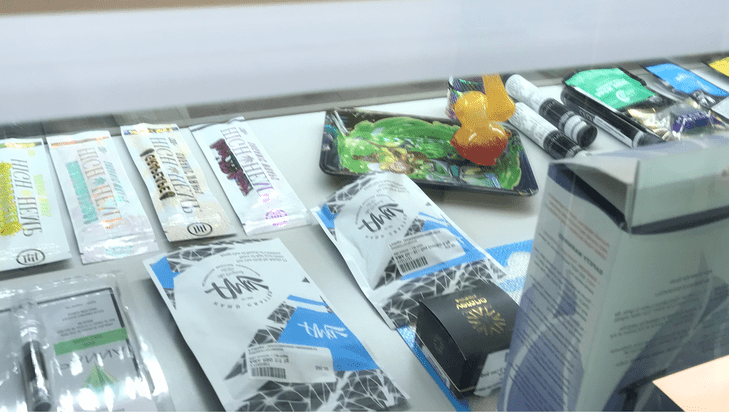In an industry as fast-paced and compliance-heavy as cannabis, having a reliable point-of-sale (POS) system should be non-negotiable. Yet, walk into nearly any dispensary, and you’ll hear a familiar chorus of groans from budtenders, managers, and inventory teams dealing with glitchy software, freezing interfaces, and syncing issues. The question is: Why are so many cannabis dispensaries still relying on POS systems that create daily headaches?
The Compliance Trap
First and foremost, compliance drives nearly every operational decision in the cannabis industry. Dispensaries are required to integrate with state-mandated seed-to-sale tracking systems—like METRC or BioTrack—and not all POS systems play nicely with these. Many dispensaries opt for a system solely based on how well it handles reporting to regulators, even if it performs poorly in other areas like user experience, stability, or real-time syncing. They’d rather deal with slow-loading menus and poor customer service than risk a compliance infraction.
Legacy Systems with Lock-In Contracts
Many dispensaries made their POS decisions years ago, at a time when there were fewer providers and a rush to get up and running. These early systems often came with long-term contracts or costly integrations that are difficult to unwind. Changing POS providers can require a full overhaul of back-end operations, inventory re-tagging, retraining of staff, and temporarily shutting down—something most operators simply can’t afford. So they stick with what they have, even if it causes frustration.
“The Devil You Know” Mentality
Switching to a new system is risky. Even if a new POS promises better features, dispensary owners and managers often worry it may come with unexpected bugs or incompatibilities. Many have already been burned once—or multiple times—by systems that oversold their capabilities. As a result, dispensaries lean into the mindset of “the devil you know,” preferring the predictable flaws of their current POS over the unknown chaos of a new one.
Budtender Burnout & Operational Bottlenecks
These POS systems don’t just inconvenience the front-line staff—they actively slow down the workflow. Menus that don’t update in real-time, customer profiles that get wiped, and discounts that fail to apply properly all create longer wait times and frustrated customers. Budtenders bear the brunt of the complaints, while managers have to manually reconcile errors at the end of the day. In the long term, this results in employee burnout, higher turnover, and a poor customer experience.
Hope for the Future?
Thankfully, the cannabis POS market is evolving. More cloud-native systems with smoother UI/UX, better integrations, and real-time compliance tools are entering the market. Some even offer cannabis-specific customer support that actually understands dispensary operations. The key will be making migration easy and affordable enough that dispensaries can justify the switch.
Until then, many cannabis dispensaries will keep clinging to their current systems—not because they work well, but because they’re the only option that feels “safe” in an industry where the rules keep shifting.
In short: Dispensaries don’t love their POS systems. They’ve just learned to survive them.

